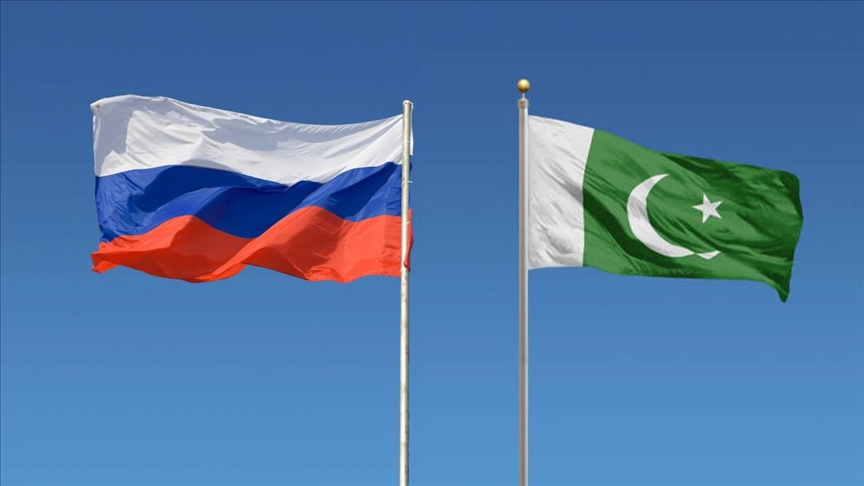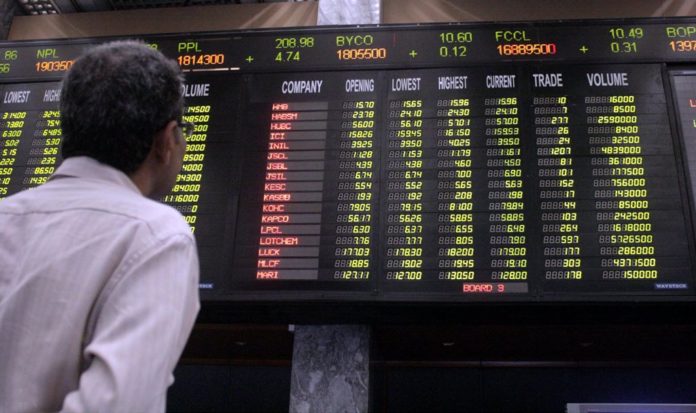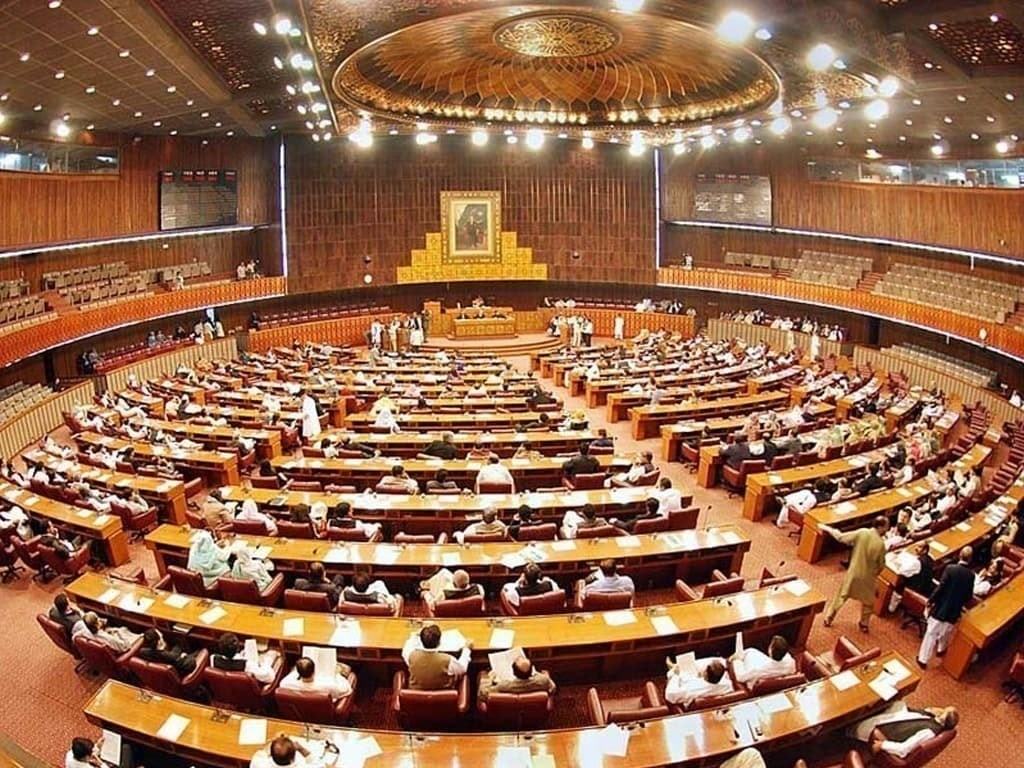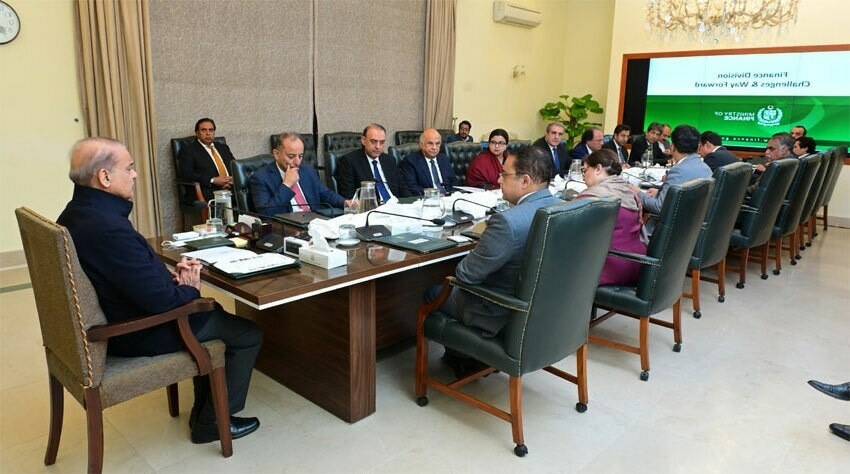PTBP Web Desk
Islamabad and Moscow, Russia has encouraged Pakistan to take bold steps similar to those of New Delhi in resisting Western pressure.
This directive was emphasized during a visit by a Russian delegation led by Deputy Prime Minister Alexey Overchuk, aiming to bolster economic ties despite potential sanctions from Western nations.
The Russian delegation’s visit to Pakistan was not just a routine diplomatic engagement but a strategic move to assess and expand economic relations. According to sources, the discussions were straightforward, with Moscow urging Islamabad to show a level of assertiveness in international economic arenas akin to that demonstrated by India. The reluctance of Pakistani officials to commit firmly is believed to be due to apprehensions about possible economic sanctions from Western powers.
The mission led by Deputy Prime Minister Overchuk was described as an assessment mission, set to report back to the highest levels in Moscow. The outcomes of these discussions are expected to shape the future course of bilateral agreements and initiatives between the two countries. Adding to the diplomatic momentum, a Pakistani delegation headed by Minister for Planning and Development Ahsan Iqbal is scheduled to visit Moscow by the end of the month to further dialogue on enhancing bilateral cooperation across various sectors.
Initially, proposals were made for a more extensive delegation including Ministers for Petroleum, Industries and Production, Commerce, and a Special Assistant to the Prime Minister. However, the final decision was to send a streamlined team led by Minister Iqbal, focusing on high-level engagements rather than broad-spectrum discussions.
A significant barrier to advancing trade relations between Pakistan and Russia has been the lack of established banking channels, which complicates financial transactions between the two nations. Discussions during the meetings explored potential alternatives, including trade through land routes via Afghanistan and Iran. However, geopolitical tensions and unstable relations make these options challenging.
In a creative bid to circumvent these challenges, Russia has proposed the use of third-party currencies such as the Chinese RMB or UAE Dirham and leveraging the Russian banking messaging system for bilateral trade. These suggestions aim to shield the two nations from external economic pressures and enhance trade independence. These proposals were initially presented by Russian President Vladimir Putin to Prime Minister Shehbaz Sharif on the sidelines of the SCO Summit in Astana in July.
In a related development, Pakistan’s Federal Minister for Commerce, Jam Kamal Khan, and Federal Minister for Industries, Production, and National Food Security, Rana Tanveer Hussain, met with Russian Deputy Agriculture Minister Sergey Levin. The discussions, held at the Ministry of Commerce, focused on strengthening bilateral trade, particularly in the agricultural sector, highlighting areas of mutual interest and potential growth.
The meetings concluded with an exchange of souvenirs, symbolizing the goodwill and ongoing commitment to deepening trade relations between Pakistan and Russia. This gesture underscored the broader desire of both nations to foster a stable and prosperous economic partnership despite external pressures and internal challenges.
To optimize reach and engagement, this article incorporates keywords such as “Pakistan-Russia economic ties,” “Western sanctions impact,” “bilateral trade opportunities,” and “alternative banking for trade” seamlessly within the narrative. The content structure, with organized headers and concise paragraphs, ensures readability and accessibility, catering to a broad audience interested in international economic dynamics.




